Conclusion of land deal vindicates Second Republic
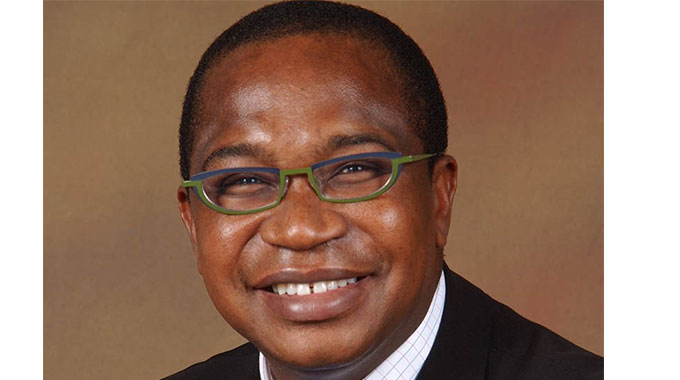
Senior Reporter
THE conclusion of the Global Compensation Deed (agreement) shows the Second Republic’s commitment to constitutionalism and rule of law as well as bringing finality to the successful land redistribution process, a Cabinet Minister has said.
In 2000, Zimbabwe embarked on a Land Reform programme for the resettlement of citizens on agricultural land. In line with the Constitution, the Government was compensating former farm owners for the compulsory acquisition of the land.
The Government and the former white commercial farmers’ representatives finalised the Global Compensation Deed agreeing that Zimbabwe would pay the ex-farmers US$3,5 billion for improvements, including biological assets and land clearing costs.
In a communique issued yesterday, Finance and Economic Development Minister Professor Mthuli Ncube said Government and the former farmers’ representatives had engaged in extensive negotiations over the global compensation figure, leading to the closure of the chapter.
“The conclusion of the Global Compensation Deed (agreement) which was signed in Harare on Wednesday 29 July 2020 is in compliance with the Constitution and Government’s respect for the rule of law.
“It is also a reflection of the Second Republic’s political commitment to the successful conclusion of the land redistribution process in a dignified manner that restores the integrity and dignity of all the people of Zimbabwe who were affected by the necessary land Reform,” he said.
In March 2018, the President constituted an Inter-ministerial Compensation Committee led by Vice President Retired General Dr Constantino Chiwenga.
The committee’s mandate was to give overall policy guidance and direction to the compensation negotiation process and the determination of a global compensation amount.
Prof Ncube said the inter-ministerial committee was to be assisted in its work by a Joint Technical Compensation Negotiation Committee (JTCNC) comprising senior Government officials from the Office of the
President and Cabinet and other ministries as well as the Compensation Steering Committee representing the former farm owners.
He said negotiations were expected to have been completed by September 30, 2018 but on account of the complex nature of the matter, the discussions went beyond the expected date with a brief stalemate being reached last year.
Resultantly, the Government engaged independent assessors of international standing to review the computations by both parties and to recommend a global valuation figure for the improvements.
“Against this background, the Inter-ministerial Compensation Committee mandated the JTCNC to review the valuations under the following broad terms of reference:
“To come up with a consensus based global compensation amount through negotiations taking into account the recommendations from the regional independent assessors.
“To propose and recommend payment modalities including currency of valuation and payment.”
Following the protracted negotiations, the JTCNC in May this year agreed to recommend a global compensation amount for improvements under a structure with provisions that include a global compensation figure of US$3,5 billion with a 50 percent down payment within 12 months of signing the agreement while the balance would be paid over 48 months.
As part of the provisions, Government and the former farm owners would establish a Joint Resource Mobilisation Committee to work with the Ministry of Finance and Economic Development to raise funds through long-term debt and other financial instruments with a tenure of up to 30 years.
In the event that the said funds are not raised within the envisaged time, the payment period may be extended by written agreement of the parties.
Prof Ncube said the parties were now proceeding to develop and implement a road map for the implementation of the agreement.
“This will include the formulation and implementation of measures and reforms necessary to ensure that the country develops sufficient capacity from productively working the land to repay without distress such additional national debt as may be contracted.
“Government will continue providing for the payment of interim relief payments in the national budget until sufficient funds for the down payment of the global compensation amount have been raised,” he said. — @okazunga

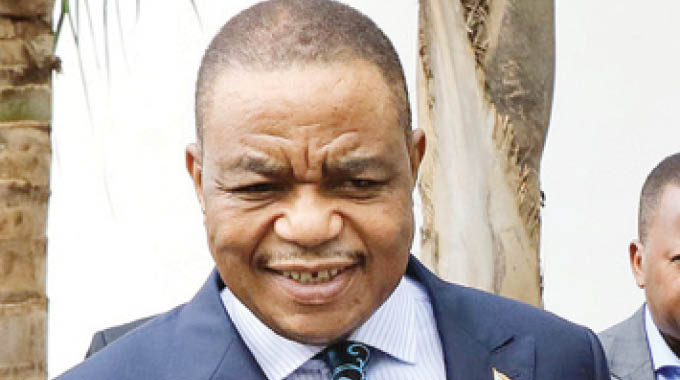
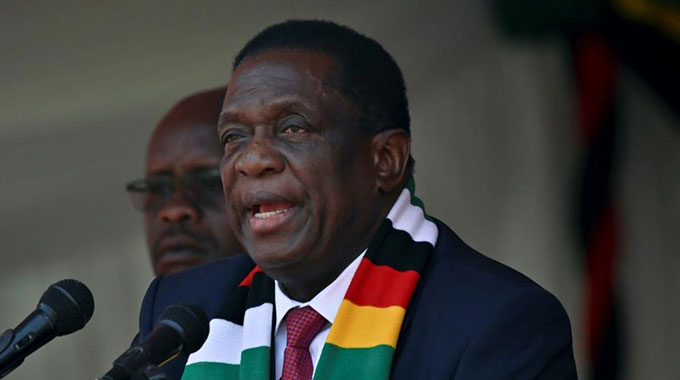

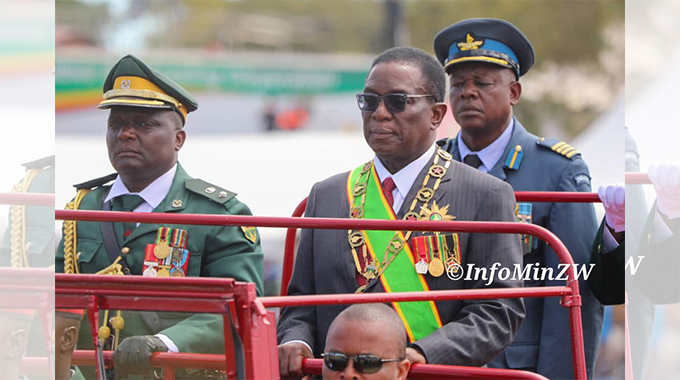
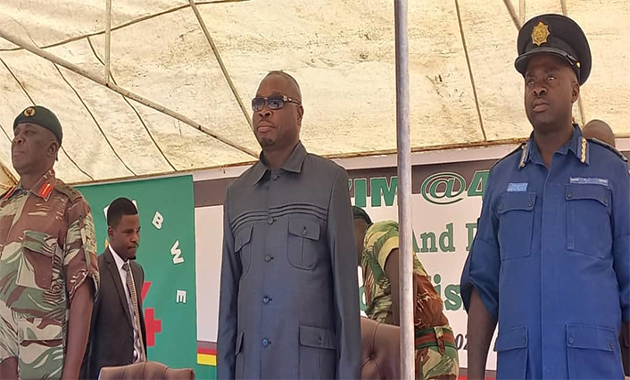





Comments